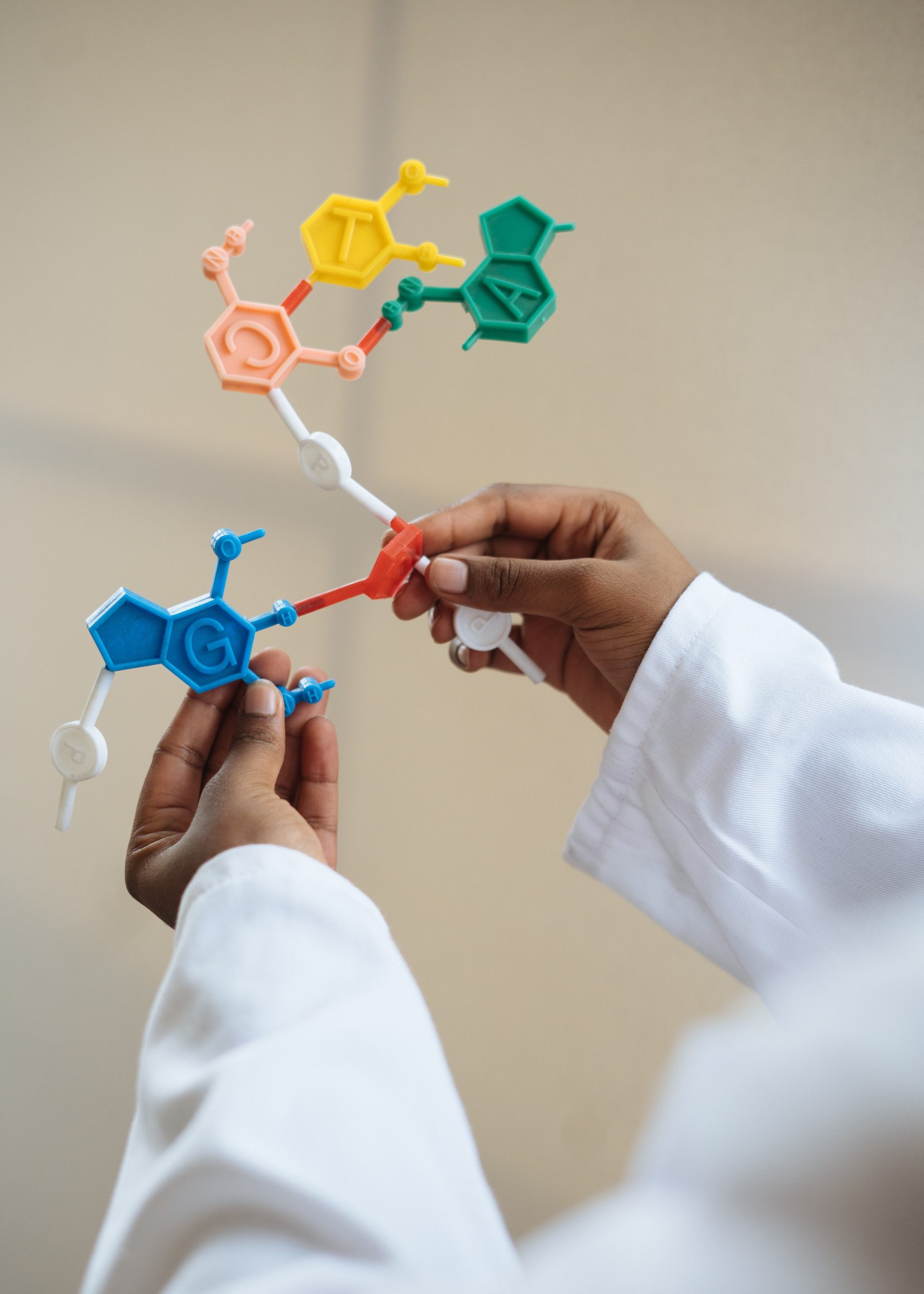Traditional medicine is making a comeback and adaptogens are taking center stage. Integrative medicine experts, wellness gurus and holistic nutritionists are all talking about adaptogens and their many benefits including glowing skin, more energy and less stress. Actors, Actresses and social media celebrities are at the forefront of sharing the benefits of adaptogens. But what exactly are adaptogenic herbs? Here’s everything you need to know!
What are Adaptogens?
Adaptogens are stress-response modifiers that increase an organism’s nonspecific resistance to stress by increasing its ability to adapt and survive. In short, adaptogens help your body cope – or adapt – to all kinds of stress.
As originally defined, an adaptogen must meet the following criteria:
- The substance is non-toxic and does not disturb body function;
- Influences many organs or body systems (non-specific) and increases the body’s resistance to physical, chemical or biological factors;
- Has a normalizing effect on a pathologic state
Sound too good to be true? These herbs and roots have been used for centuries in Chinese and Ayurvedic medicine because they promote homeostasis. Plus, the healing powers of adaptogenic herbs are confirmed by today’s medical research.
How do Adaptogens Work?
Adaptogens specifically support your central nervous system and adrenals. Adrenal glands are endocrine glands that produce hormones which manage your response to stress. They enable cells to access more energy and help eliminate toxic byproducts and work more efficiently.
Each herb has unique properties that make it effective for specific circumstances. Here are a few commonly used adaptogens:
Rhodiola Rosea
Known as Russia’s “golden root,” Rhodiola grows in the cold, mountainous areas of Europe and Asia. This herb has been used to help physical and mental performance while reducing fatigue under stressful conditions. One study found improvements in stress symptoms within just three days of use.
Schisandra Chinesis
This super berry grows on a woody vine from China and has been traditionally used for its cardio-protective benefits. Additionally, it has been used to increase endurance, coordination, mental sharpness and work capacity.
Eleutherococcus Senticosus
Commonly referred to as Siberian ginseng, this shrub is native to Northeastern Asia. Siberian ginseng is known to reduce cardiovascular response to stress while helping with overall stress adaptation.
How Should You Take Adaptogens?
It is common for adaptogens to be added to beverages, likes teas or juices, but you don’t receive the most benefit from single uses. For better results, it is recommended that adaptogens be consumed daily over a period of several months. Additionally, liquid supplements may be the best option because they are concentrated and may offer more bioavailability over pills or tablets.










